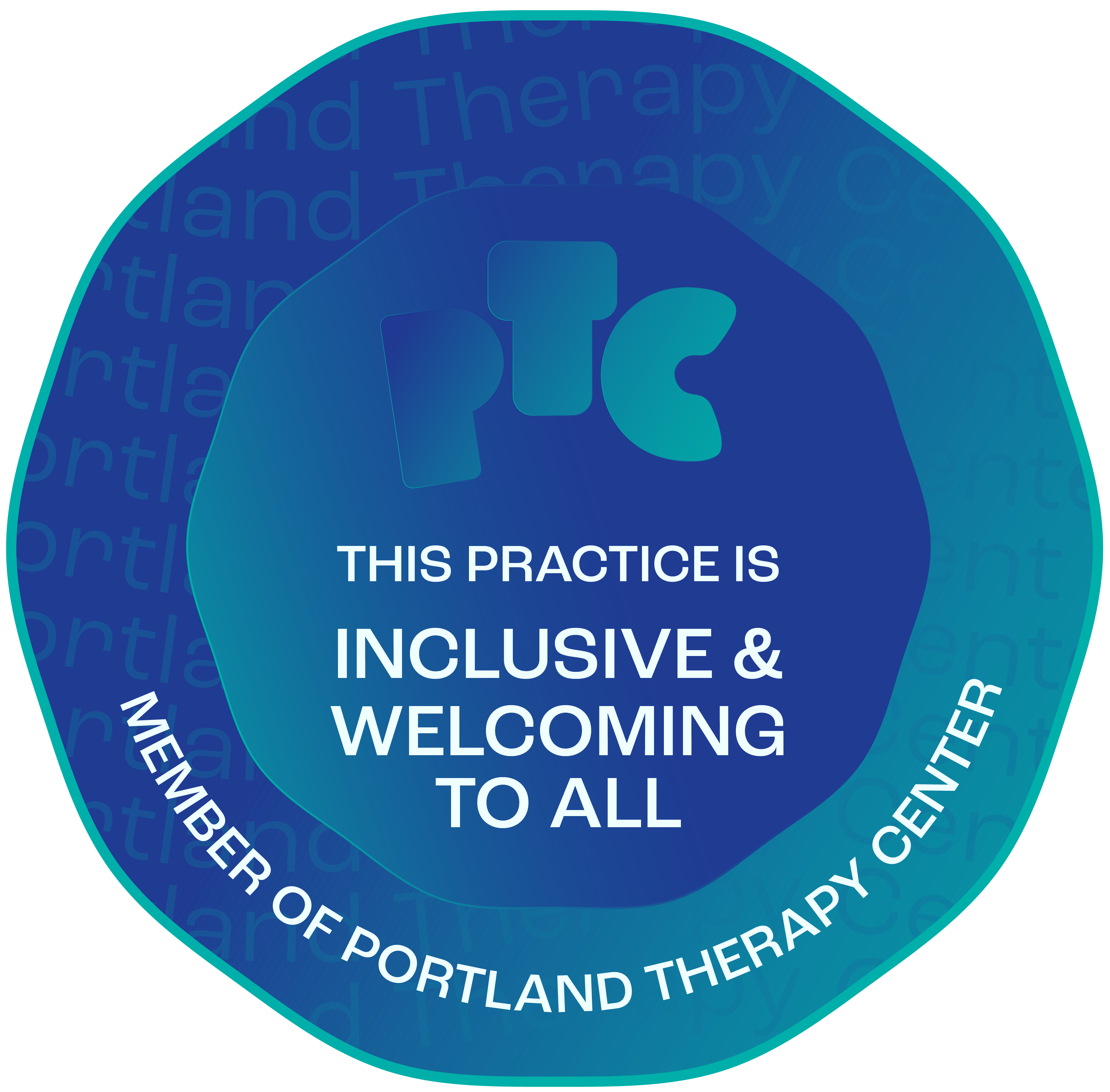
Category: Therapy


How does social media impact mental health?

Social media has had a profound impact on many aspects of our lives, including mental health care. Over the past decade, social media has become a powerful tool for individuals seeking information and support related to mental health issues. However, its impact on mental health care has been both positive and negative.
One of the most significant benefits of social media in mental health care is the increased access to information and resources. Social media platforms like Facebook, Twitter, and Instagram provide a wealth of information related to mental health issues. Individuals can access articles, videos, podcasts, and other resources that can help them better understand their conditions and treatment options.
Moreover, social media has created a new platform for mental health advocacy and awareness. Individuals can use social media to share their stories and experiences, raise awareness about mental health issues, and advocate for policy changes. This has led to a greater understanding of mental health issues and a reduction in stigma.
However, social media has also had negative consequences for mental health care. For instance, it can be challenging to determine the credibility of information posted on social media. Misinformation and harmful advice can quickly spread, leading to confusion and potential harm.
Furthermore, social media can create a false sense of connection and support. Although social media provides a platform for individuals to connect with others who share similar experiences, it can also perpetuate feelings of isolation and loneliness. For individuals struggling with mental health issues, this can be particularly harmful.
Social media can also contribute to the development or exacerbation of mental health issues. Studies have shown that excessive social media use can lead to feelings of anxiety, depression, and low self-esteem. The constant exposure to curated and idealized versions of other people’s lives can lead to feelings of inadequacy and social comparison.
In conclusion, social media has had both positive and negative impacts on mental health care. It has provided increased access to information and resources, created a platform for advocacy and awareness, and facilitated connections between individuals with similar experiences. However, it has also perpetuated misinformation, created a false sense of connection, and contributed to the development of mental health issues. As mental health professionals, it is essential to be aware of these potential consequences and work to mitigate the negative impacts of social media while harnessing its positive aspects to improve mental health care.

Benefits of Treatment for Complex Trauma

Complex trauma refers to a type of trauma that is prolonged, repeated, or multiple, and often involves interpersonal abuse, neglect, or violence. The effects of complex trauma can be severe and can lead to a range of mental health problems such as depression, anxiety, post-traumatic stress disorder (PTSD), dissociation, and personality disorders. Treatment for complex trauma is crucial in helping individuals recover from these debilitating effects.
Some of the benefits of treatment for complex trauma include:
- Reduction of symptoms: Treatment for complex trauma can help reduce symptoms such as flashbacks, nightmares, anxiety, and depression. This can lead to a better quality of life for the individual and improved functioning in various areas of life such as work, school, and relationships.
- Improved self-regulation: Individuals who have experienced complex trauma often struggle with regulating their emotions and behaviors. Treatment can help them learn skills to manage and regulate their emotions, which can improve their ability to cope with stress and reduce impulsive or self-destructive behavior.
- Increased sense of safety: One of the core issues for individuals who have experienced complex trauma is feeling unsafe. Treatment can help them develop a greater sense of safety in their environment and within themselves, which can reduce feelings of fear and anxiety.
- Improved interpersonal relationships: Individuals who have experienced complex trauma often struggle with trust and forming healthy relationships with others. Treatment can help them develop skills for building and maintaining healthy relationships, which can improve their overall quality of life.
- Enhanced self-esteem and self-worth: Complex trauma can lead to feelings of shame, guilt, and low self-worth. Treatment can help individuals develop a more positive sense of self and increase their self-esteem, which can lead to a greater sense of empowerment and overall well-being.
In summary, treatment for complex trauma can have numerous benefits, including symptom reduction, improved self-regulation, increased sense of safety, improved interpersonal relationships, and enhanced self-esteem and self-worth. It is important for individuals who have experienced complex trauma to seek out appropriate treatment from qualified professionals to help them on their path to recovery.

Get the most out of your work day
There are many emotional issues that find a corner in our heart, and refuse to die down. With time, these issues can transform into a sort of emotional tumor that impacts negatively on our daily life, such as lack of concentration, enthusiasm, self respect, will to change, encouragement, and so on. These issues can spiral into our lives in various ways and gets channelled into other zones, which can create problems in the relationships, professional life, and health.

How to improve your memory?
It has been believed for centuries that as we grow older, our brain functions continue to deteriorate, which also impacts and weakens our memory. However, recent medical researches and experiments have proved that our brain has the ability to grow new neurons, even as we age, a process known scientifically as neuroplasticity. The mental health of a person depends vastly on how active the person is – physically and mentally. If you keep forgetting things too quickly, or have noticed a sharp decline in your mental health in terms of memory recently, it is time to make some really important changes in your lifestyle to help sharpen and improve your memory.

How to get a good nights sleep?
In today’s competitive world, sleep is more of a luxury than a necessity. Sleep is important for the well being, both emotionally and physically for an individual. Insufficient sleep or no sleep has long lasting health and psychological disorders. If you have been experiencing insomnia, it may be due to a number of factors, including stress, anxiety or depression. In order to address your sleep problem, it is best to consult an experienced psychologist who can help you change your behaviour, manage feelings and emotions that may interfere with your sleep.


